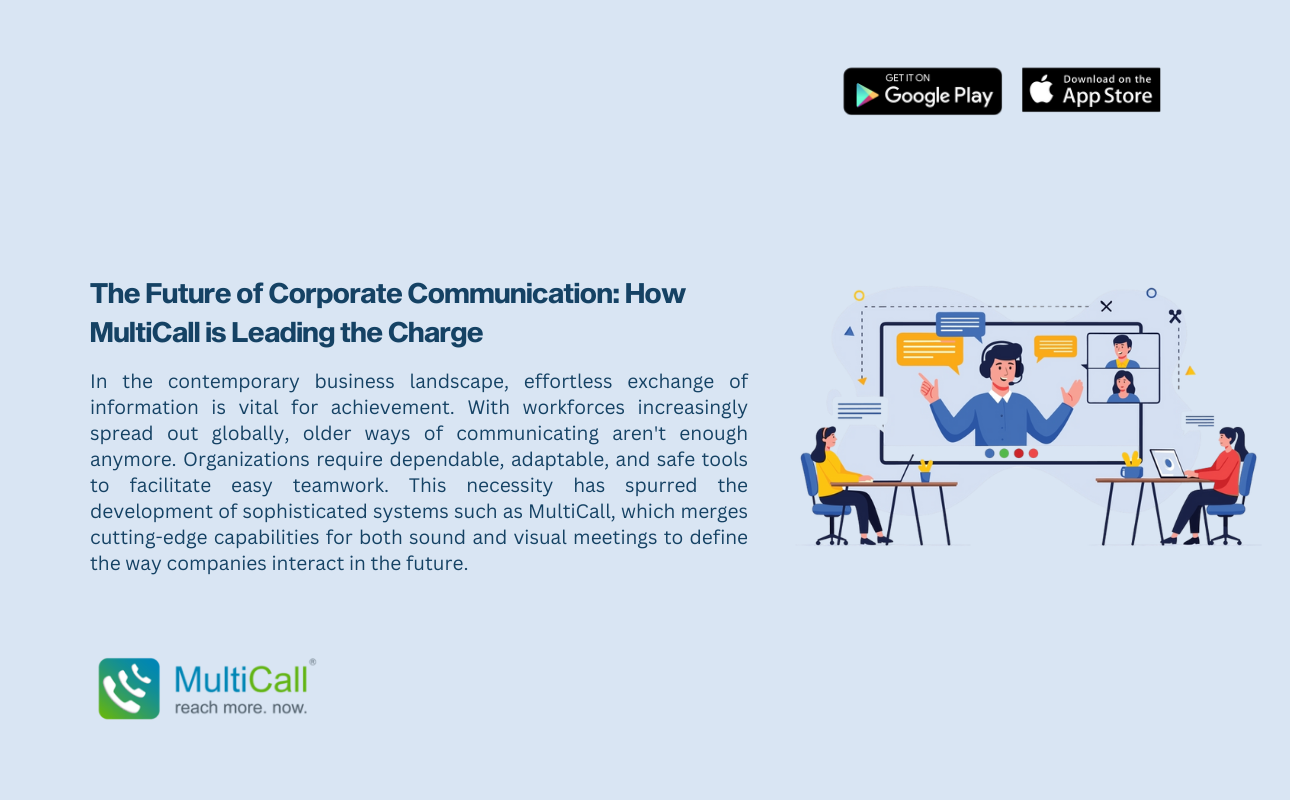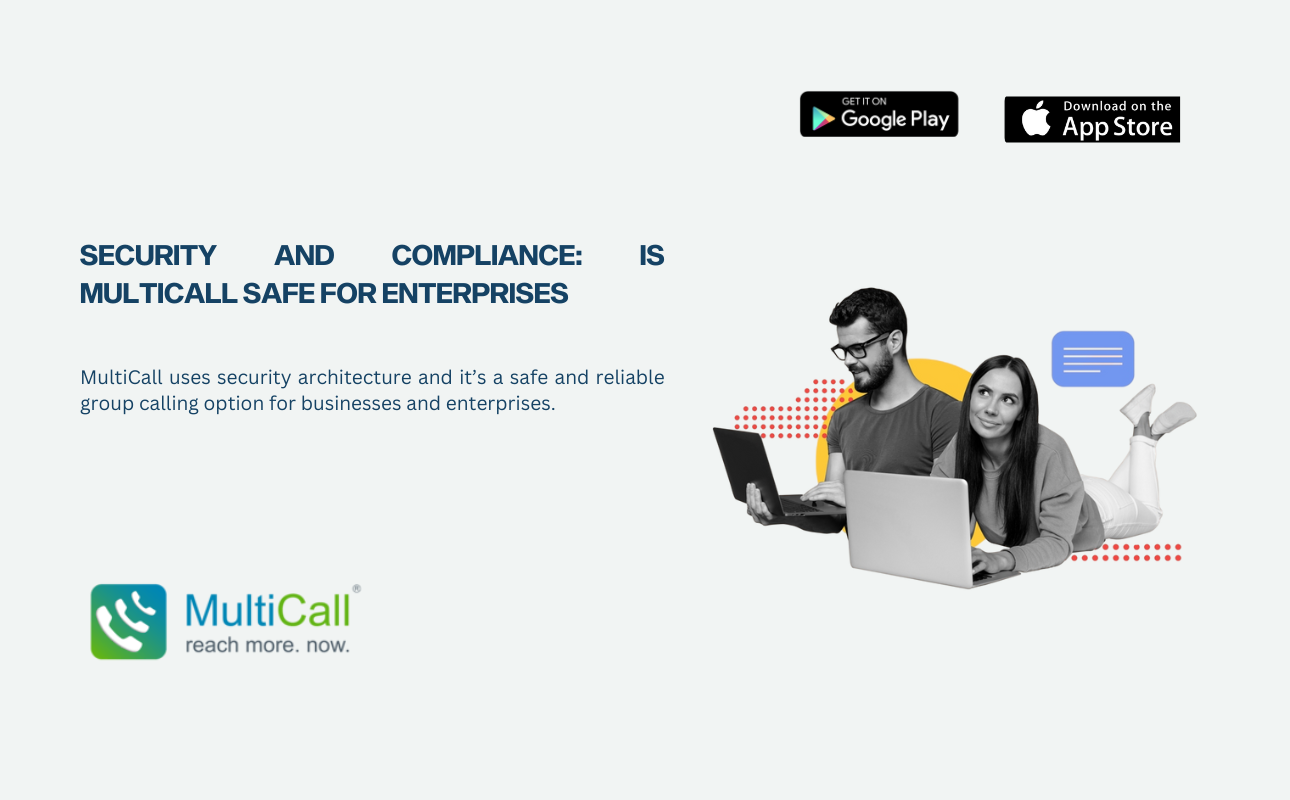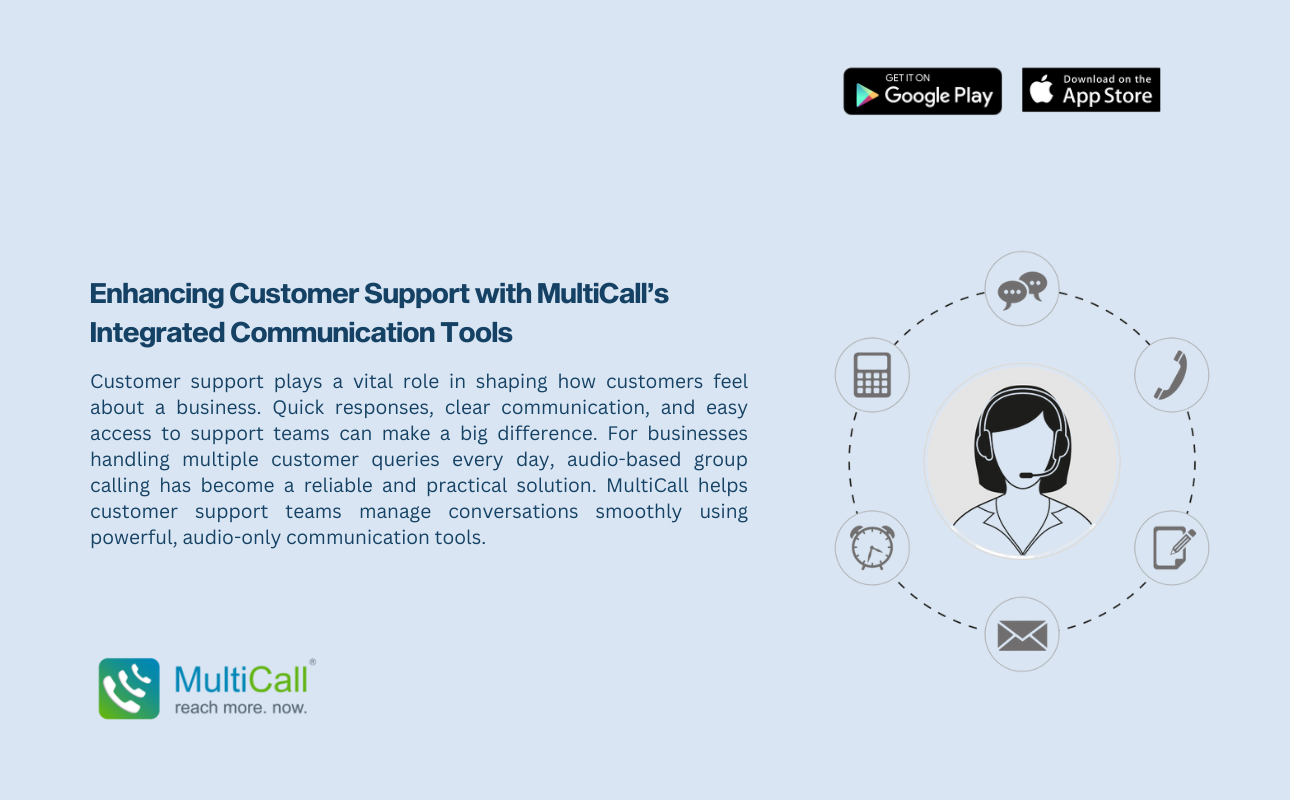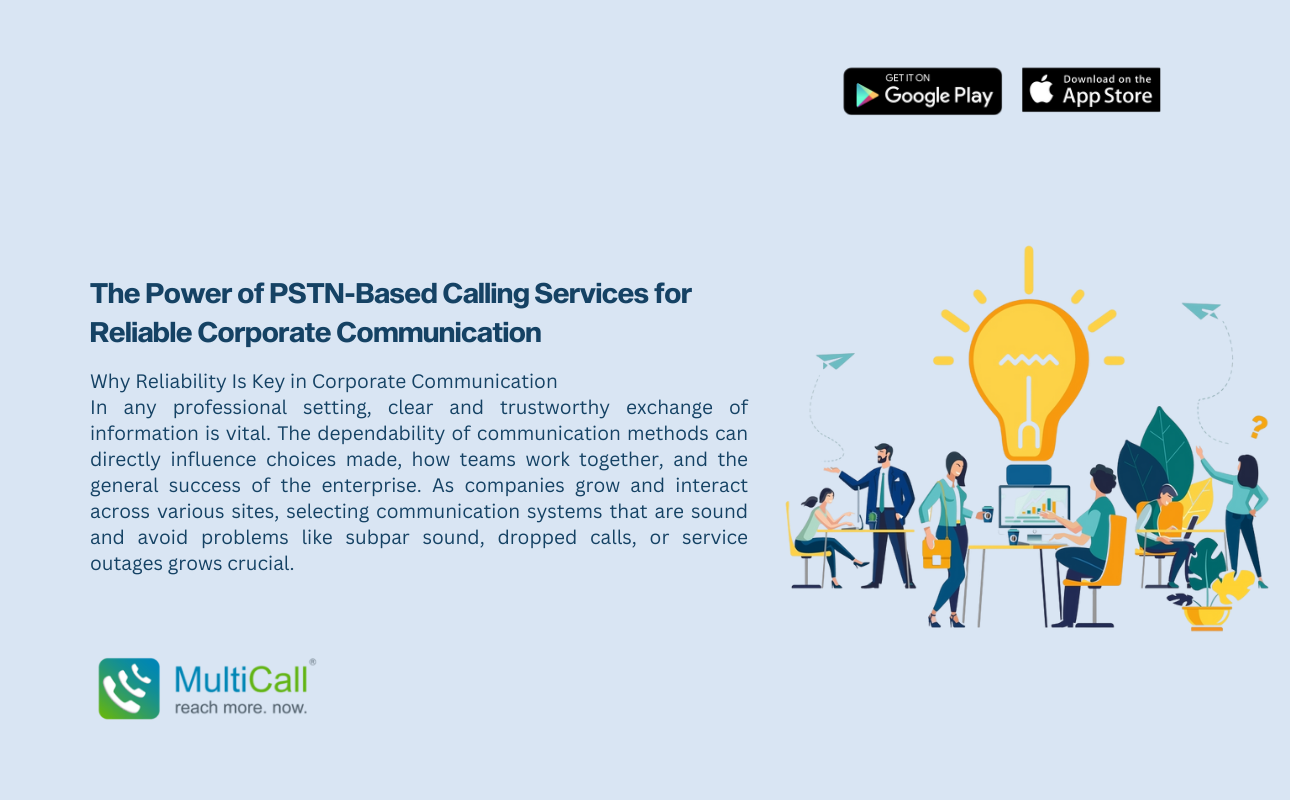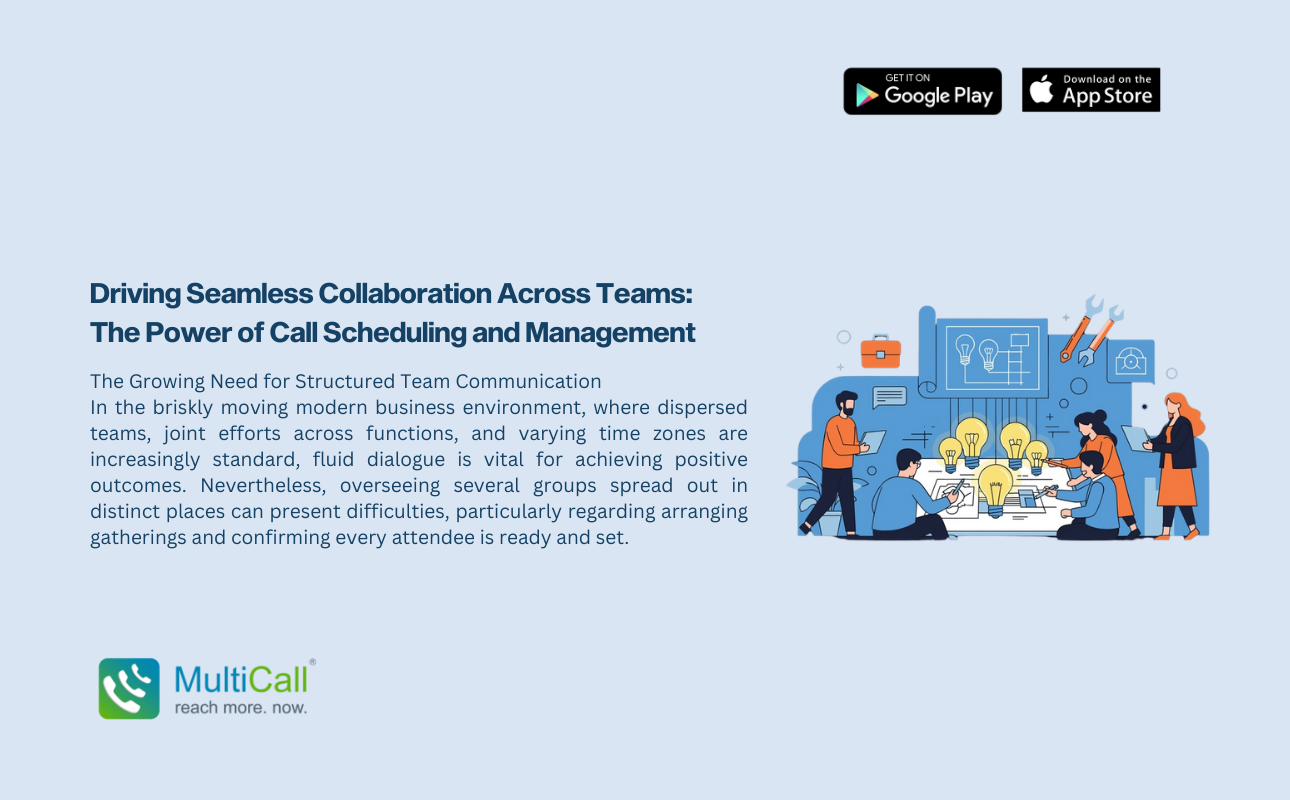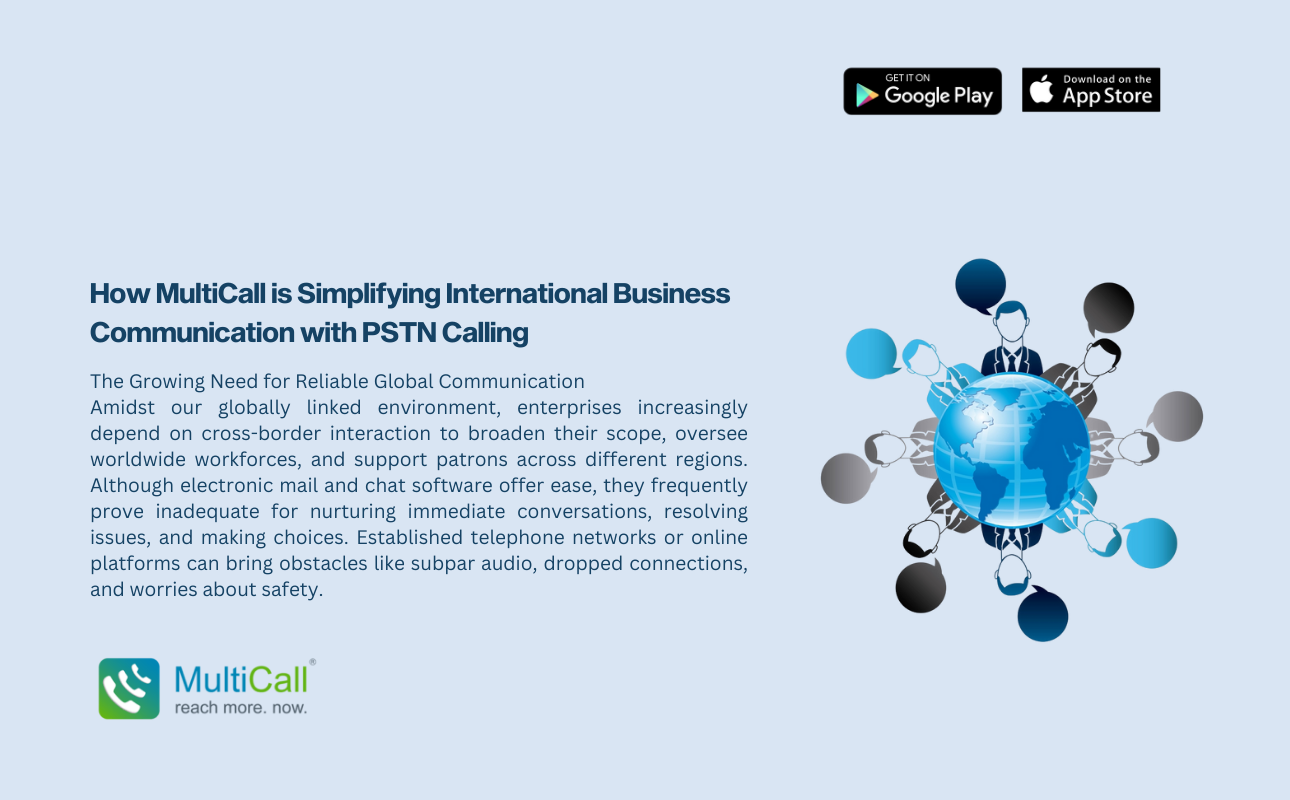- Secure by Design for Audio Communication
Unlike VoIP, web conferencing, and video calling platforms that run over the internet, MultiCall is an audio-only platform using the existing telecom network for voice communication.
It’s more difficult for bad actors to hack into voice data traveling on traditional phone networks, including packet sniffing or real-time audio call interceptions. Voice communication using MultiCall does not go over the public internet, and there are limited risks associated with that.
- Masked Numbers for Caller Privacy
In any professional setting, it’s critical to protect and respect the phone number privacy of all parties. MultiCall makes this a breeze for admins or users scheduling group audio calls with internal teams or external parties, such as:
Number masking feature in MultiCall:
- Participant numbers are hidden and masked from the group.
- Group members remain anonymous across the length and breadth of the conversation.
- Phone number access is restricted only to the initiator or the scheduling admin.
- Restrict Access and Control for Call Ownership
Communication security should not only evaluate the traditional technical or IT risks. Ownership and access controls, i.e., who can start, join, or leave a call, are equally important factors to assess.
With MultiCall, the following security measures are in place to provide control:
- Verified members can only schedule or start audio calls.
- A call admin can pre-assign or control the participant groups using a secure dashboard.
- Automatic logs are generated for all the calls.
For larger enterprises, it may also be reassuring to know that access control is clearly defined in MultiCall. Initiating or moderating team audio calls is in the hands of only certain personnel.
- Works Without Internet = Zero Third-Party Risk
VoIP apps, browser-based audio and video solutions, or even conference bridging services usually require third-party APIs, media servers, or online storage/cloud backup. This dependency often creates unknown security holes that can be discovered and abused by third parties or attackers.
MultiCall is 100% safe from such third-party digital risks. There is no media sharing or screen-sharing during group calling, limiting exposure to malware, phishing, or spyware.
Conversations are not recorded on any cloud or online storage, and the only record is the actual call log data. There is no risk of receiving phishing, impersonation, or fraudulent links or fake meeting invites from MultiCall.
Enterprises using MultiCall can therefore operate in a closed-loop environment for internal or group calling that avoids extra internet-related risks.
- Simple, No-Training Needed = Reduced Human Errors
In any business system, processes, or solutions, a user’s knowledge level, skill set, or operational training can be one of the primary sources of security gaps. It opens the door for accidental file sharing, third-party downloads, or misclicks leading to data leakage.
With no App to install and no Links to share, the only way to use MultiCall for group calling is through an automated phone call to join. Users simply answer the call using any device and land on the group audio call page.
In security terms, it’s always better to design systems that are transparent to the end user—MultiCall’s simple and no-training-required functionality reduces human error potential and mitigates associated data security risks.
MultiCall may look and feel like a simple group calling solution to the average user. However, MultiCall has a robust, enterprise-class security architecture and a privacy-first design that sets it apart from most VoIP, link-based, and browser-based calling solutions. For companies with strict data security policies, server infrastructure, or compliance standards, MultiCall helps to fill the gaps.
Conclusion
MultiCall offers multiple ways to schedule and join group calls without exposing sensitive phone numbers, user identity, or company data in insecure or public channels. It also adheres to many important compliance standards, whether it’s for voice communications in India or Europe. Contact our experts today to know more about MultiCall’s security compliance.
